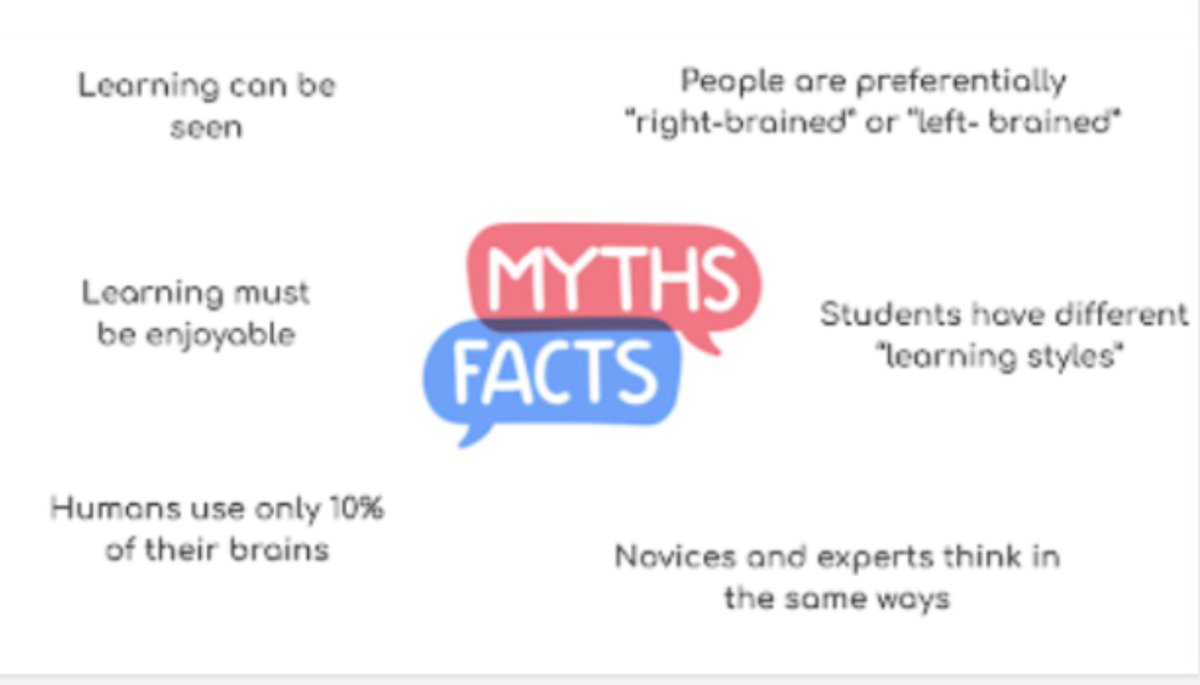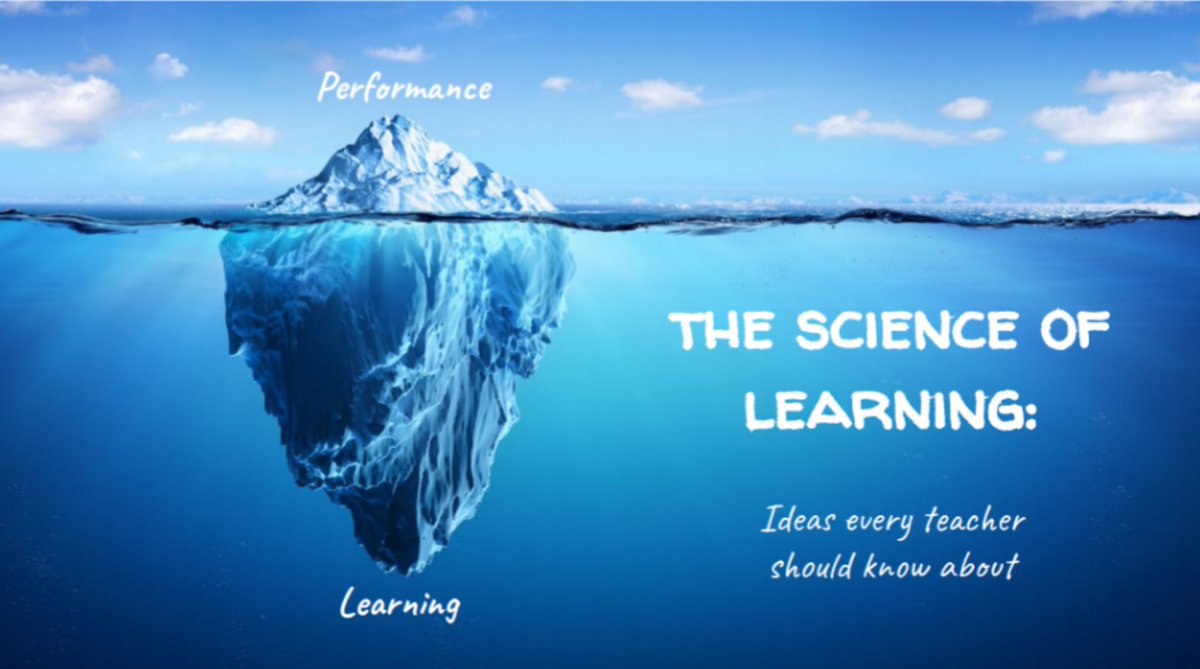First #ResearchReview is on...
1/13
I like the title. It highlights an important goal for teachers right now: strive for high quality blended learning experiences for all pupils. We can't forsake quality when BL is here to stay.
2/13
Is this problematic? I think establishing a shared definition of BL is important, not just within schools but perhaps even between them. Will this kind of continuity and consistency of lead to more equitable BL?
3/13
This is the single most crucial message to reach schools and teachers: it is not the technology but the pedagogy that will make a difference.
4/13
- establishing purpose
- thinking aloud and modelling
- complexity or demand of task
- high expectations
- academic language
- guided instruction.
- assessment, feeding back and forward
5/13
The authors highlight the danger of students getting caught up in a digital task and losing sight of learning. This reminds me of @teacherhead's excellent ‘The Tyranny of the Task’ blog. We need to incorporate systematic checking processes for BL. How?
6/13
7/13
We know students, as novices, benefit from observing expert thinking. This should be an essential feature of reduced face-to-face lessons. Online, I think factoring in voiceovers (as a minimum) will help to ensure we don’t hinder home learning.
8/13
I paired these because I think they are inextricably linked. BL does not = superficial learning. This instantly got me thinking about Bjork and desirable difficulties. @Benneypenyrheol has covered this extensively. In a nutshell...
9/13
10/13
BL is not synonymous with discovery learning. DL might feature when appropriate BUT quality of instruction relies "on the gradual release of responsibility". BL is crying out for the ‘I do-we do-you do’ approach - which can be achieved online, too.
11/13
12/13
The purpose of BL is *not* to wholly replace
classroom instruction with online experiences, but
rather to capitalise on the most robust features that each
environment has to offer.
13/13




